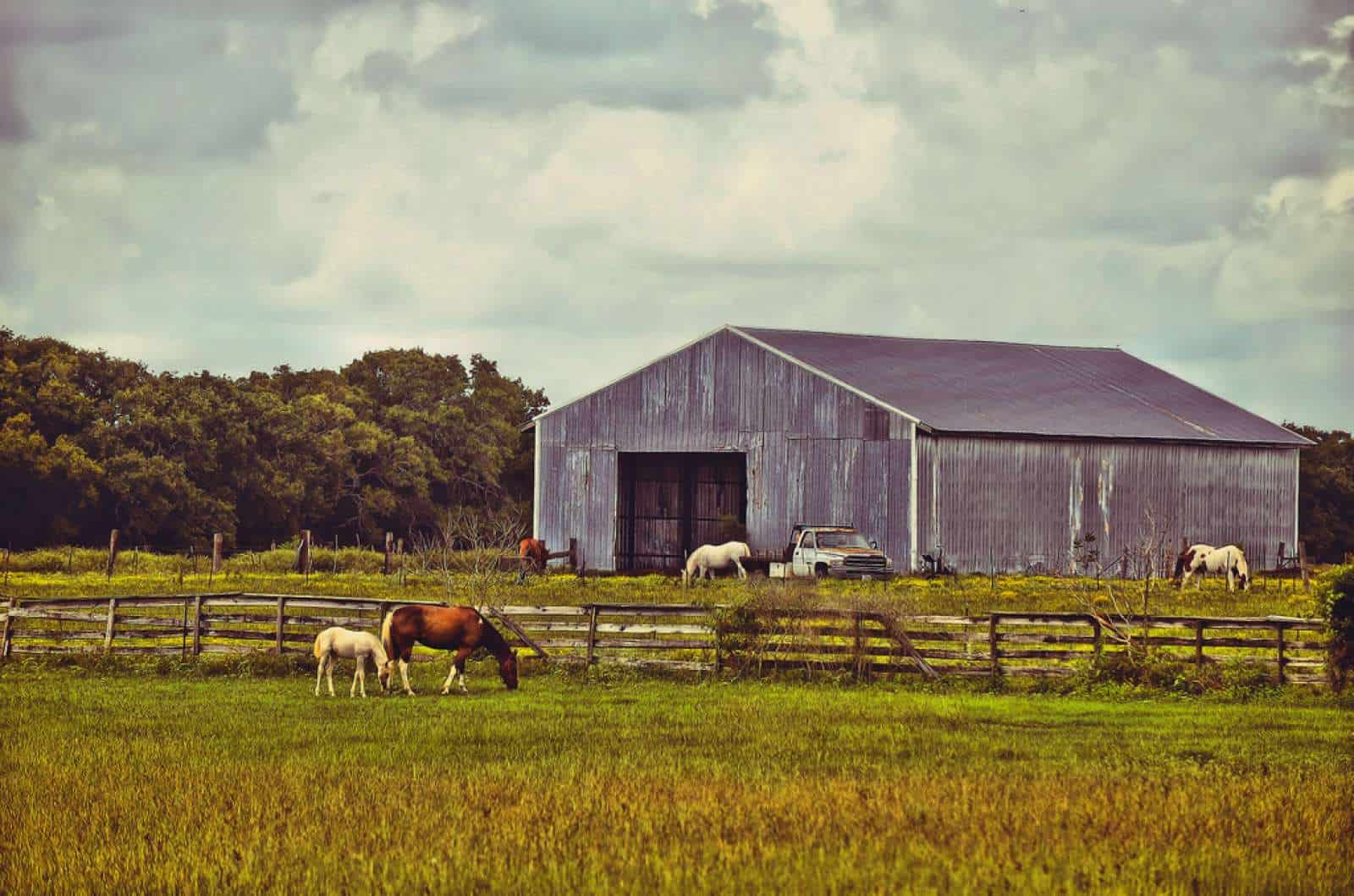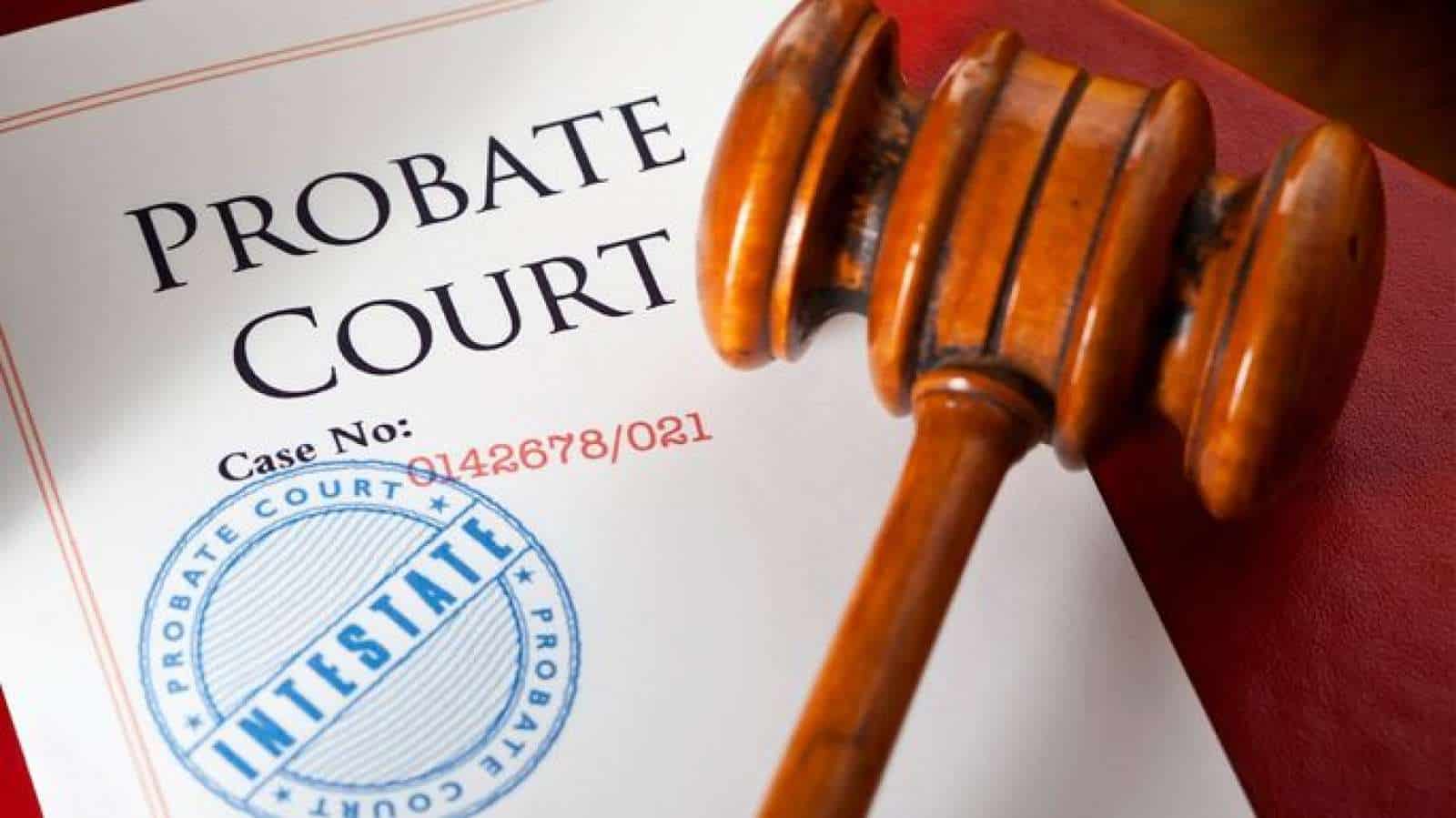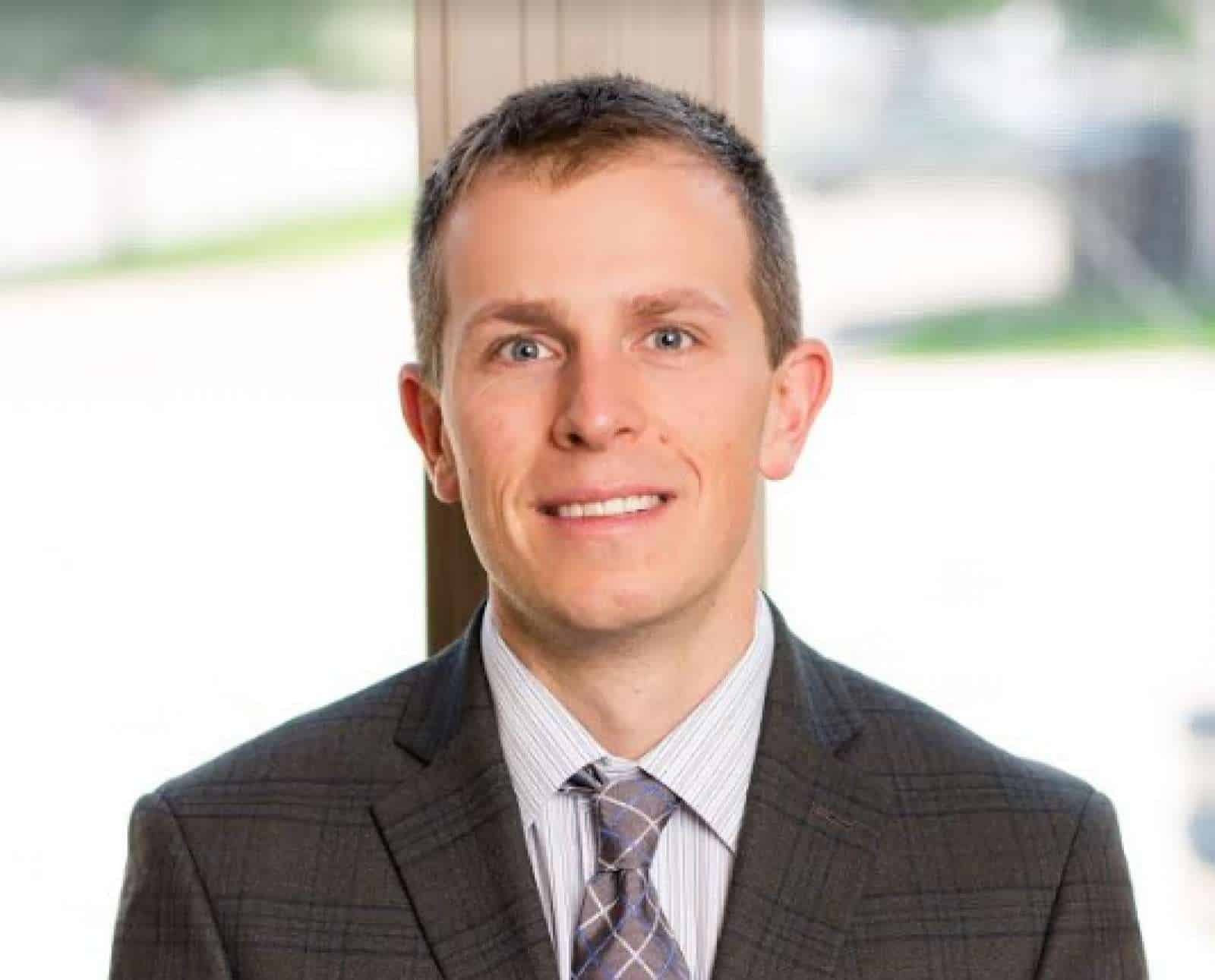The South Dakota Supreme Court recently considered whether a probate court proceeding on a petition for finding of intestacy erred because it did not first consider whether to admit a copy of the will to probate. The appellant argued that the “decision to grant the Appellees’ petitions for intestacy before determining whether the will [she] proffered was entitled to probate deprived [her] of her day in court and her ability to prove that the will may have been valid.” However, the South Dakota Supreme Court found that appellant “ignores the fact that she, as the proponent of the copy of [decedent]’s will found in the safe-deposit box, had ‘the burden of establishing prima facie proof of due execution’ of that document” and affirmed the probate court’s findings.
Background
The case of In re Estate of Fox, 2019 S.D. 16, stemmed from the death of a man who called off an intimate relationship of over twenty years but never made a new will. A year and a half before his death, the decedent met with his attorney to discuss his estate plan, and the decedent informed his attorney that he no longer was intimate with Ms. Herstedt, who was provided for under his will. His attorney advised him that if the decedent wanted to make sure that Ms. Herstedt did not recover from his estate, he should revoke his will in writing and physically dispose of the will. So, while sitting at his attorney’s desk, the decedent handwrote a document to revoke his will, stating “I hereby revoke all prior wills and codicils ever made or executed by me,” which the decedent signed in front of his attorney and his attorney’s secretary. The decedent’s attorney maintained the original hand-written revocation.
Prior to his passing, the decedent, who was unmarried and without children, informed some of his siblings and their spouses about the revocation of his will and his desire to make sure that his estate went to them. After the decedent’s passing, a diligent search of his home was conducted, turning up no wills. However, the decedent’s next of kin discovered a key and a lease agreement for a safe-deposit box, where the next of kin and his partner, whose name was still on the safe-deposit box lease, found a copy of his will which predated his handwritten revocation. Under the copy of the will, Ms. Herstedt was to take something; under the handwritten revocation and South Dakota’s intestacy statutes, Ms. Herstedt was to take nothing from the decedent’s estate. Accordingly, Ms. Herstedt filed a petition for probate of the will.
Dueling Petitions
Though Ms. Herstedt filed a petition for probate of the will, the only will that she recovered was not an original, which, under South Dakota law, gives rise to a presumption that the will was revoked. Shortly thereafter, the decedent’s next of kin filed petitions for adjudication of intestacy. After an appeal by Ms. Herstedt relating to a revocation of letters of personal representative to her, the fight returned to the probate court.
Once back in the probate court, the decedent’s next of kin moved to schedule a hearing on their petitions for adjudication of intestacy. At that hearing, the probate court considered testimony regarding the decedent’s actions and statements prior to the handwritten revocation, at which point the probate court entered findings of fact and an order of intestacy. Ms. Herstedt appealed, arguing that she was deprived of her day in court and ability to prove that the copy of the will that she filed with her petition for probate was valid.
Legal Standards
Under South Dakota law, SDCL § 29A-3-407, petitioners who seek to establish intestacy have a burden of proof to so establish, as do petitioners who seek admission of a will to probate, as do petitioners who seek to prove that a will was revoked. The statute ends by stating: “If a will is opposed by a petition for a declaration of intestacy, it shall be determined first whether the will is entitled to probate.”
Pursuant to SDCL § 29A-3-402(d), if an original will is not available to be admitted to probate, “the contents of the will can be proved by a copy of the will and the testimony or affidavit of at least one credible witness that the copy is a true copy of the original, and the will may be admitted to probate if the court is reasonably satisfied that the will was not revoked by the testator.” Further, under South Dakota law, SDCL § 29A-2-502(a), a handwritten document (holographic) is valid if the signature and material portions of the document are in the testator’s handwriting. Finally, “when a careful and exhaustive search fails to produce the original will, a presumption arises that the will has been revoked.”
The Conclusion
The South Dakota Supreme Court ultimately held that because Ms. Herstedt did not have a copy of the will to admit to probate, and because the court ultimately found that the will Ms. Herstedt sought to admit to probate was revoked, Ms. Herstedt could not establish that the copy of the decedent’s will was entitled to probate. She “failed to overcome the presumption that the will had been revoked for the same reason that she failed to prove that a copy of [the decedent]’s will was valid.”
Ms. Herstedt did not affirmatively present evidence attempting to prove the validity and non-revocation of the will in question. And, in light of the fact that the probate court had ample evidence on which to find that the decedent’s will had been revoked, the Supreme Court of South Dakota affirmed the finding that Ms. Herstedt had not attempted to have a valid will admitted to probate in light of the evidence of revocation.
The Takeaway
As the decedent’s lawyer in this case advised, if someone seeks to revoke a will without replacing the will with a new one, it is best to revoke the former will expressly and destroy the original will and all copies of the same. While the best practice would be to revoke the old will by executing a new one, that may not always be possible, and if there are copies of the revoked will still floating around after your death, someone who stands to gain from the old will may try to prove that it was your true intention.
The Trust and Estate Planning team at Lynn Jackson can help you traverse this and other legal issues to prevent such legal battles from arising after your passing.



